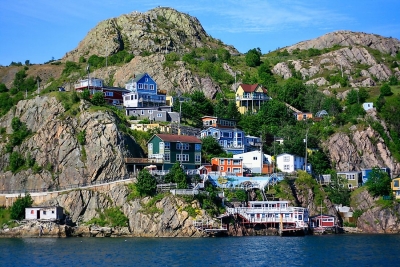
Some countries still have colonies and dependencies because these are usually small territories, often with few inhabitants, which do not have the capacity to carry out all those aspects of administration and government necessary to an independent state.
Nowadays, the possession of colonies is an embarrassment rather than an advantage to the country having them, and few are retained against the wishes of their people. Before the great decolonizing years which followed the Second World War, having colonies seemed a natural part of being a great power.
France had many overseas territories such as Algeria, French Morocco and those of French West Africa, but all of these are now self governing republics. Italy had Eritrea, now federated with Ethiopia, and Italian Somaliland, now the Somali Democratic Republic. Holland’s old Dutch East Indies is mostly the present-day Republic of Indonesia.
As in the case of the British Empire the breaking up of these empires left many small territories who were not big enough for independence or who preferred to wait. These saw advantages in remaining under the protective umbrella of a greater power.
Such protection means that defence, external affairs, internal security, and the safeguarding of the terms and conditions of public officers is the responsibility of the colonizing power through its appointed governor.
In some cases the governor is also responsible for the financial and economic stability of the financial and economic stability of the territory. But internal affairs are normally in the hands of the locals.
Picture Credit : Google

